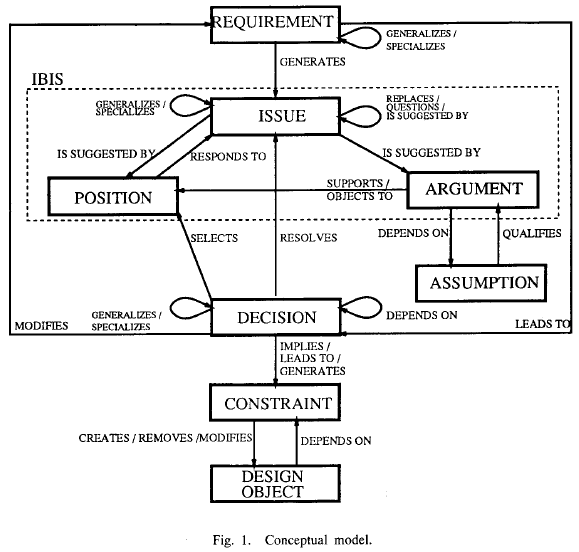 EBSCO and ProQuest are easy to use to find PDFs of research journal articles, however, their PDFs are very large, and poor quality. My friend Chad passed me this list of direct links to journals where higher quality, and smaller PDFs can be found. These links work best if you are on a university network. Here they are:
EBSCO and ProQuest are easy to use to find PDFs of research journal articles, however, their PDFs are very large, and poor quality. My friend Chad passed me this list of direct links to journals where higher quality, and smaller PDFs can be found. These links work best if you are on a university network. Here they are:
MIS Quarterly 1977-present
Information Systems Research Back issues are currently unavailable
Journal of Management Information Systems 2000-2007
Communications of AIS 1999-present
Journal of AIS 2000-present
European Journal of Information Systems 1997-present
Information & Organization 2001-present
Decision Support Systems 1985-present
Organization Science 2001-present
Management Science 2001-present
Journal of Strategic Information Systems 1991-present
Information & Management 1977-present
I have been impressed with the quality and consistency of sciencedirect.
Have any more good links? Add them in comments!




 I saw
I saw
Recent Comments